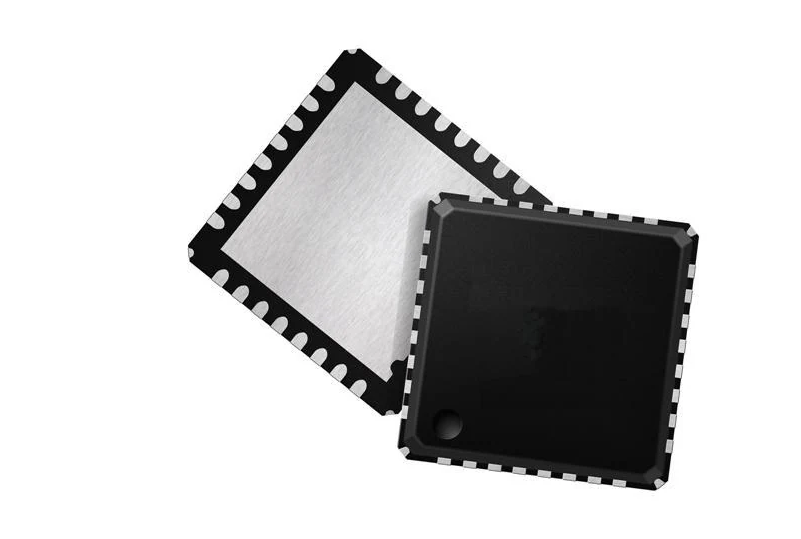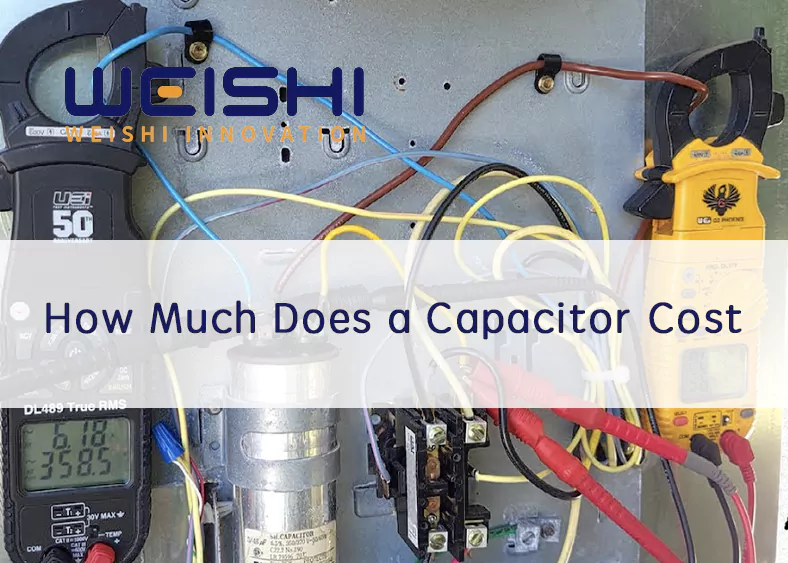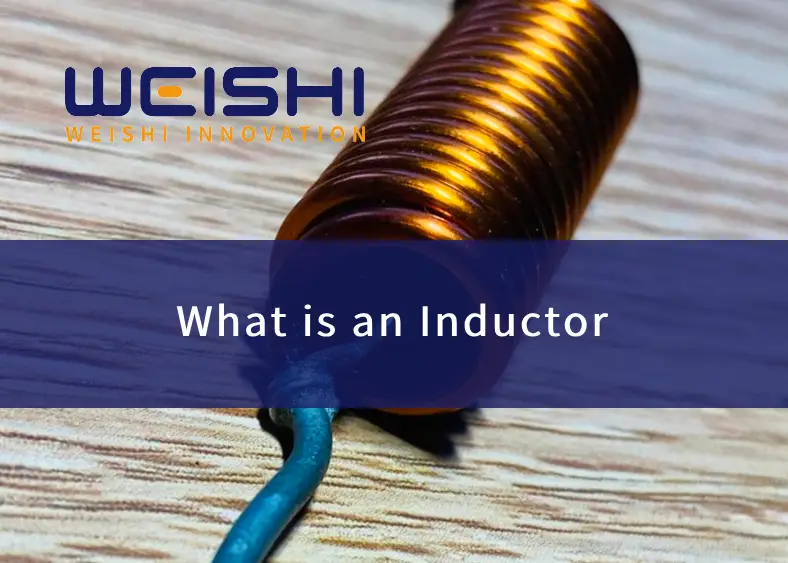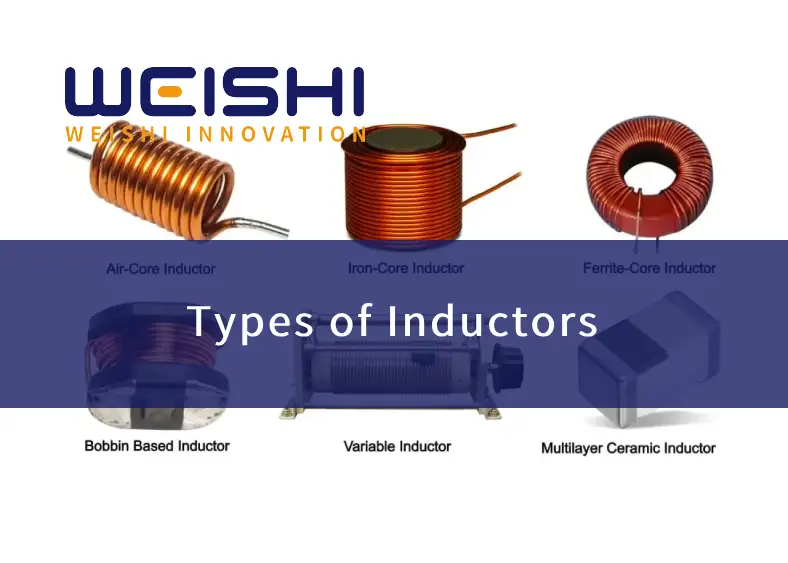USB3320C-EZK-TR In-Depth Analysis: Implementing High-Speed USB 2.0 Communication in Embedded Systems

In modern embedded systems, the USB interface has become a key standard for data communication and device connectivity. Whether in industrial controllers, consumer electronics, medical devices, or IoT terminals, USB 2.0 remains widely used due to its 480Mbps high-speed transmission, excellent compatibility, and cost-effectiveness. However, for design engineers, achieving reliable high-speed USB communication within limited […]
How Does an Inductor Work?

Unravel the mystery of inductors! This blog post explains how inductors work, their unique properties, and why they’re crucial for filtering, energy storage, and more.
Capacitor Replacement Cost: How Much Does a Capacitor Cost

Capacitors are essential components in the operation of many appliances, from air conditioners (AC) to furnaces, and even pool pumps. They store and release energy, helping to regulate the functioning of electric motors in these systems. If you’re facing a malfunctioning capacitor in your unit, understanding the capacitor replacement cost can help you prepare for […]
STM32F767ZGT6 performance and connectivity insights
STM32F767ZGT6 performance and connectivity insights Overview The STM32F767ZGT6 is a high-performance 32-bit microcontroller from STMicroelectronics based on the ARM Cortex-M7 core. It features a clock frequency of up to 216MHz, 2MB of Flash memory, 512KB of RAM, and a rich set of peripheral interfaces, a graphics acceleration engine (Chrom-ART), an LCD controller (LTDC), a floating-point […]
Energy Stored in Inductor: How Does an Inductor Store Energy

Explore how inductors store energy in a magnetic field and release it, enabling crucial functions in electronic circuits. Learn about their role in filtering, smoothing, and resonance.
What is an Inductor? The Ultimate Guide

Unlock the secrets of inductors with our ultimate guide! Learn how these essential electronic components store energy in magnetic fields and their crucial role in circuits.
Types of Inductors: Choosing the Right One for Your Project

Unlock the industry inductors! This guide breaks down the different types of inductors, including air core, ferrite core, and more. Learn their unique characteristics and discover how to choose the perfect inductor for your specific electronics project needs.
What Are Inductors Used For? The Essential Applications in Electronics

Discover the essential applications of inductors in electronics! Learn how these vital components are used for filtering, energy storage, signal processing, and more. Understand their crucial role in modern technology.
How to Measure an Inductor?

Learn the essential techniques and tools for accurately measuring the inductance of a coil. Our guide covers using LCR meters, impedance analyzers, and even basic multimeter methods to determine the Henry value of your inductors for electronics projects and troubleshooting.
Memory Card Lock: What It Is and How to Unlock

Unlock a locked memory card easily! Learn what the tiny lock switch does, why it prevents writing and deleting, and simple steps to slide it open and regain access to your photos, videos, and files. Our guide provides quick solutions to get your memory card working again.
Purpose of Inductor: Unveiling Its Essential Functions in Electronics

Discover the fundamental purpose of inductors in electronic circuits. Learn how these passive components store energy in magnetic fields and their crucial roles in filtering signals, energy storage in power supplies, creating oscillators, and more. Understand why inductors are indispensable in modern electronics.
SD Memory Card Types: Benefits and Uses

Confused about SD card types? This guide explains SD, SDHC, SDXC, and SDUC, highlighting their advantages and helping you choose the right card for your specific needs and devices.